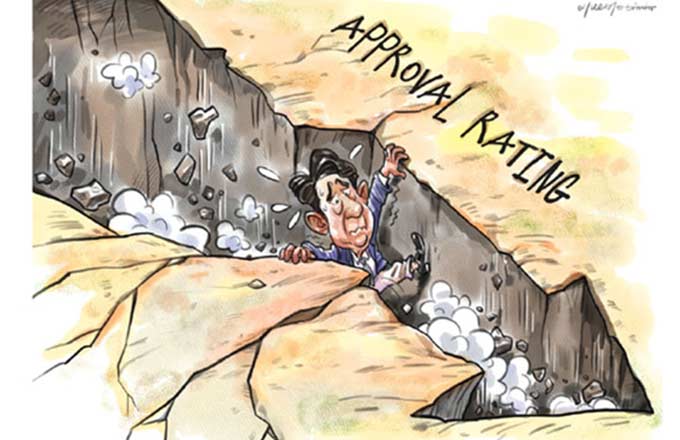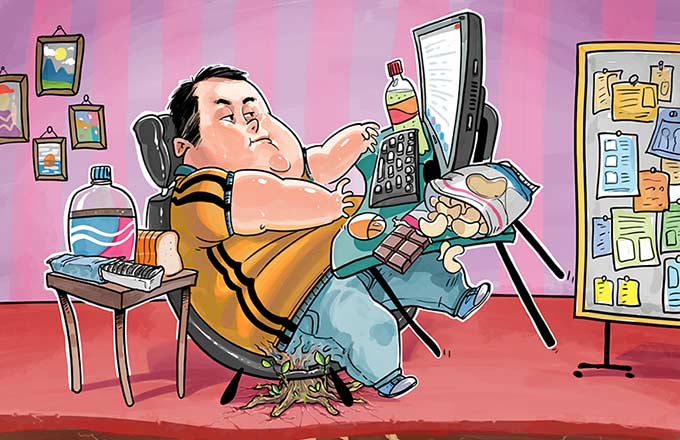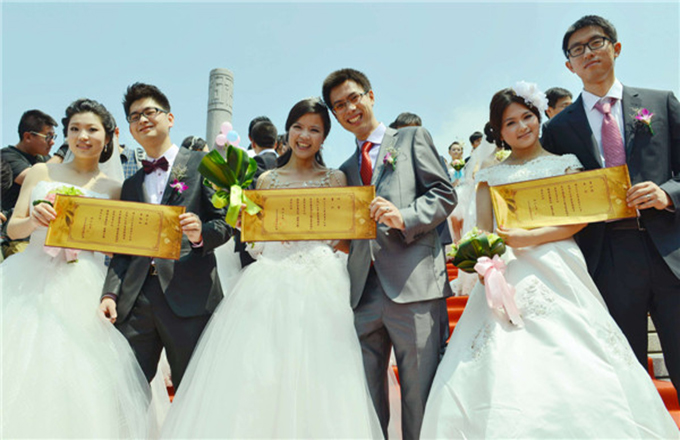Building a society based on rule of law
China has made remarkable progress in guaranteeing judicial protection of human rights. The rule of law in the country has been constantly improving and providing better protection to human rights since the 18th National Congress of the Communist Party of China in November 2012.
China has taken measures to optimize the allocation of judicial power, improve the judicial accountability and judicial information disclosure systems, deepen reforms in the criminal procedure by according greater importance to court trials, attach more importance to lawyers' role and public supervision, make the handling of petitions and complaints more systematic, abolish the labor education system and strengthen the State judicial assistance program.
The people's courts have replaced the case filing investigation system with registration of cases to ensure all cases are processed and all complaints heeded. The Criminal Procedural Law has been amended, so that an accused is assumed innocent until proven guilty and all illegal and doubtful evidence is rejected. The Civil Procedural Law has been revised, leading to the establishment of the public interest litigation system. The Administrative Procedural Law, too, has been amended to better protect citizens' legal rights and interests.
The first Anti-Domestic Violence Law came into effect on March 1 last year. And the judicial authorities are now paying special attention to ensure detainees' legal rights and interests are protected.
In 2015, the judicial and public security authorities issued regulations to protect lawyers' rights and interests, stressing that the lawyers had the right to know, meet their clients, access files and apply for reviewing evidence, as well as the right to correspondence.
Last year, the central authorities took measures to better protect the legal rights and interests of lawyers. By the end of March, 32 lawyers' associations had been founded in almost all provincial regions across the Chinese mainland. In April, the judicial and public security authorities and the All-China Lawyers Association required their local branches to take concrete and quick measures to protect lawyers' rights and interests, especially their right to practice law.
In 2013, the public security and judicial authorities vowed to improve the handling of criminal cases to avoid erroneous cases. And the Supreme People's Court has declared a defendant should be assumed innocent if the evidence against him or her is insufficient, and courts at various levels must base the trials on facts according to law, and take steps to correct the wrongs in a timely manner.
In 2010, the judicial and public security authorities issued a document defining the range of illegal evidence which should be rejected in trials. And the revised Criminal Procedural Law stipulates that the testimonies and statements obtained under duress from suspects, defendants and witnesses must be rejected. It also says physical and documentary evidence obtained illegally must be rejected. The exclusion of illegal evidence is critically important to ensure judicial justice and avoid wrong judgments.
Last month, the judicial and public security authorities further clarified the standards of illegal evidence and emphasized that illegally gathered evidence should by excluded from trials, saying courts must cross-check the legitimacy of the evidence before hearing a case.
In other words, China has made noticeable progress in advancing the rule of law in terms of governance, protecting lawyers' rights and interests, and providing judicial protection for human rights since President Xi Jinping assumed office.
Xi has said there is no best, only better, in human rights protection. Protecting human rights according to the law is an important task on the way to building a society where the socialist rule of law is supreme.
China will continue to improve judicial protection of human rights to ensure people's legal rights and interests are fully protected.
The author is an expert on human rights studies.



















